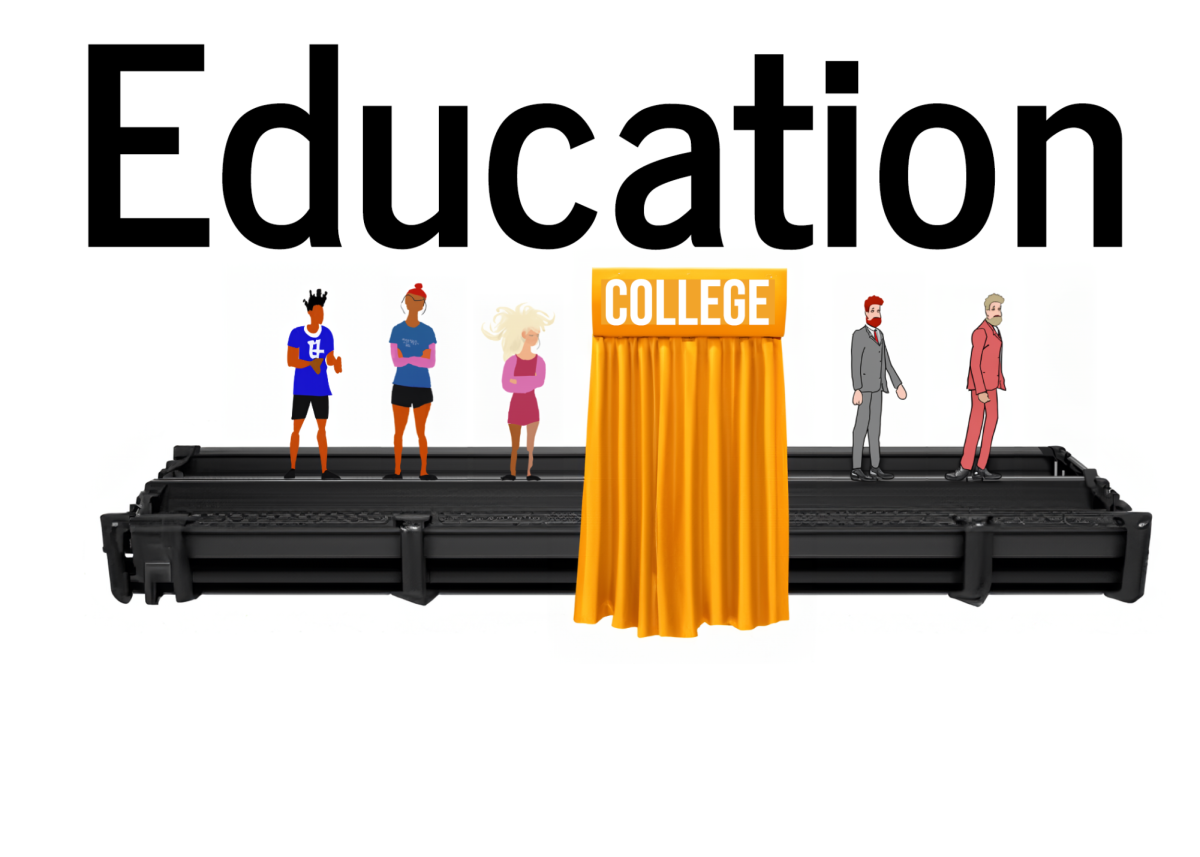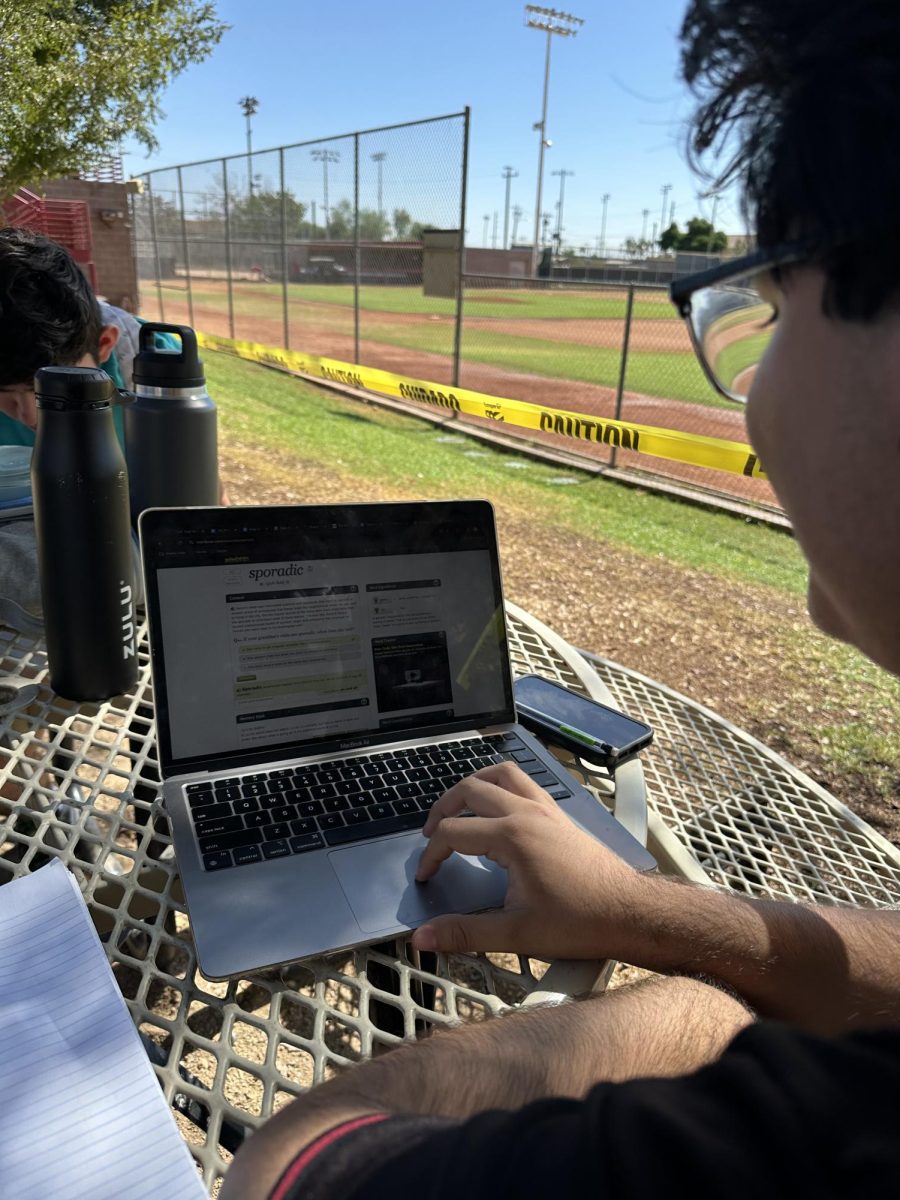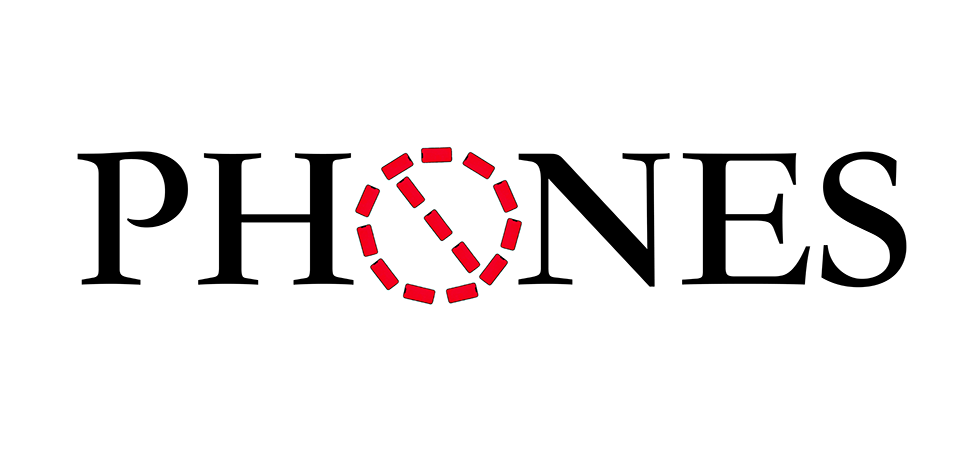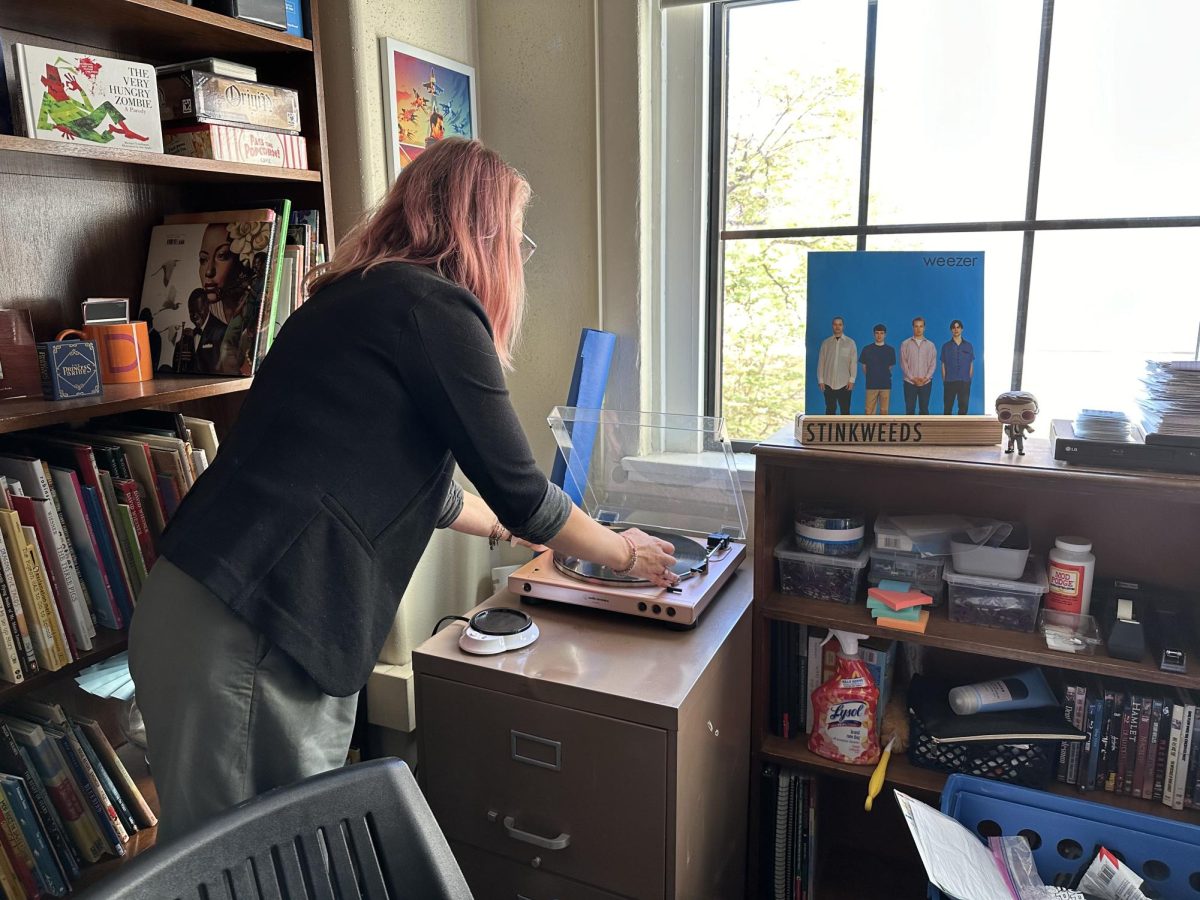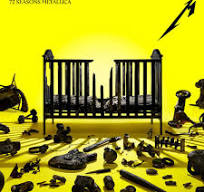By Cameron M. Bray ’16
THE ROUNDUP

Now writing “two to three pages a day,” Alex Keating ’14 said he began creative writing when he took Honors English II with Mr. John Damaso ’97.
“It wasn’t really until Damaso’s class sophomore year that I gave writing a serious thought,” Keating said. “I’d always read a lot, but never really considered it until that class.”
More specifically, Keating said it was the short story unit in Mr. Damaso’s class that brought about his interest in writing.
Ultimately, it was the combination of creativity and expression that piqued Keating’s interest.
“There were just a lot of very creative ways that the writers expressed a certain point of view, and I think that’s a really cool thing you can do as a writer,” Keating said.
Keating said he took Mr. Chad Unrein’s class, Introduction to Creative Writing, earlier this year.
“I think that’s another thing about Unrein’s class that I liked a lot, is just how available he was to give you feedback about your work,” he said.
Similarly, Mr. Unrein also underscored the importance of peer review and feedback.
“Unless they have an opportunity to get feedback from other people, their work kind of exists in a vacuum,” Mr. Unrein said.
Mr. Unrein praised Keating for his diligence and maturity.
“He’s a very mature writer. I would say, beyond high school. A lot of that comes from his discipline of habit, which makes him extraordinary,” Mr. Unrein said. “I don’t think (Alex) wrote anything for that class that he didn’t put through four or five revisions.”
Now, Keating has submitted several works to BLAM.
Matthew Frankel ’14, the managing editor of BLAM, said he has noticed Keating’s work.
“This year, he sent in a lot of prose pieces. They’re very, very introspective—not the typical teenage writing,” Frankel said. “He takes his time with the story and really crafts something special.”
Additionally, Frankel said that Keating is a staff member and assists in the production of BLAM.
“He’s revised a couple pieces this year for other authors,” Frankel said. “Now, in our final publication process, he’s been doing some copy editing.”
Frankel also praised Keating for his prowess and his humility.
“One of the things that makes Alex Keating a really, really great writer is that he has the humility to take revisions from everyone,” Frankel said. “I think that’s a good part of learning how to grow as a writer.”
Frankel credited Keating for just being a good friend.
“He’s a really friend from Speech and Debate and BLAM,” Frankel said. “He has a good sense of humor and … he’s just a very honest person.”
Keating admitted that writing can be a struggle.
“It’s kind of a roller coaster,” Keating said. “As you’re working through the idea for a story, it sounds really good. And then you’ll wake up the next day and realize that it was a really dumb idea to begin with. You just kind of go back and forth between that until the whole thing’s done,”
Other than writing, Keating said he participates in Youth and Government and Speech and Debate, where he does Public Forum Debate and Original Oratory.
“I do Public Forum Debate and I also do Original Oratory, which is a 10-minute persuasive speech. And the topic that I actually talk about … is the importance of story telling—how it’s generally undervalued as just anything more than just a form of entertainment,” Keating said.
Writing, as Keating argues, is more than a form of entertainment; it has some “emotional value” to it. However, Keating said the goal of writing is to attract readers and get feedback.
“It’s really great to get people’s opinion on your writing … as long as you keep writing you’ll get bigger audiences that’ll give you more feedback on your work,” Keating said. “And I guess that’s kind of the end goal of writing stories.”








